India has become the world’s new hotspot of COVID-19 as infection cases have risen in recent weeks. India’s economy is also deteriorating day by day, harming the lives of people, resulting in job loss or salary cut of numerous people. Amid all this, Ramananda Sarkar, 43-year-old is risking his life every day by cremating COVID-19 victim bodies, to earn a living for his family and pay his debt.

Sarkar had left his remote village, in the northeastern Assam, India. Failing to pay back his loan which he had taken, he began to sell sugarcane juice, but even after shifting to the state capital, Sarkar couldn’t find work. Desperate for money, he had to burn dead bodies for a living, which he never wanted.
Two years ago, Sarkar took up the work of cremation. The Hindus believe that cremation rights are holy, and it releases the soul from the cycle of rebirth, as it attains Mukti (freedom). However, it’s ironic to observe that the people who deal with corpses are looked down.

By now, the virus has killed more than 100,000 people in India out of 6.4 million reported infections. The state of Assam has recorded more than 181,600 confirmed cases of the virus since the pandemic began and 711 deaths, Sarkar alone has cremated more than 450 COVID-19 victims.
Only when Sarkar thought he had accepted his reputation and profession and was ready to admit it to his wife. Still, then in May, he took to perform his job, what he thought was a routine cremation, which eventually turned out to be a corpse of a COVID-19 victim.
![Unsung Hero: Meet The Man Who Has cremated Over 450 COVID-19 Victim bodies Smoke envelops Ramananda Sarkar, 43, as he cremates bodies of COVID-19 victims in Assam state. [Anupam Nath/AP Photo]](https://www.aljazeera.com/wp-content/uploads/2020/10/AP_20269428556422.jpg?resize=1170%2C780)
Sarkar was under quarantine by the orders of state authorities, but later on, he was let out as there was no one to perform the job. “I don’t understand why people hate me. Only because I burn the dead bodies?” Sarkar asked. “If I don’t do this, then who will?”
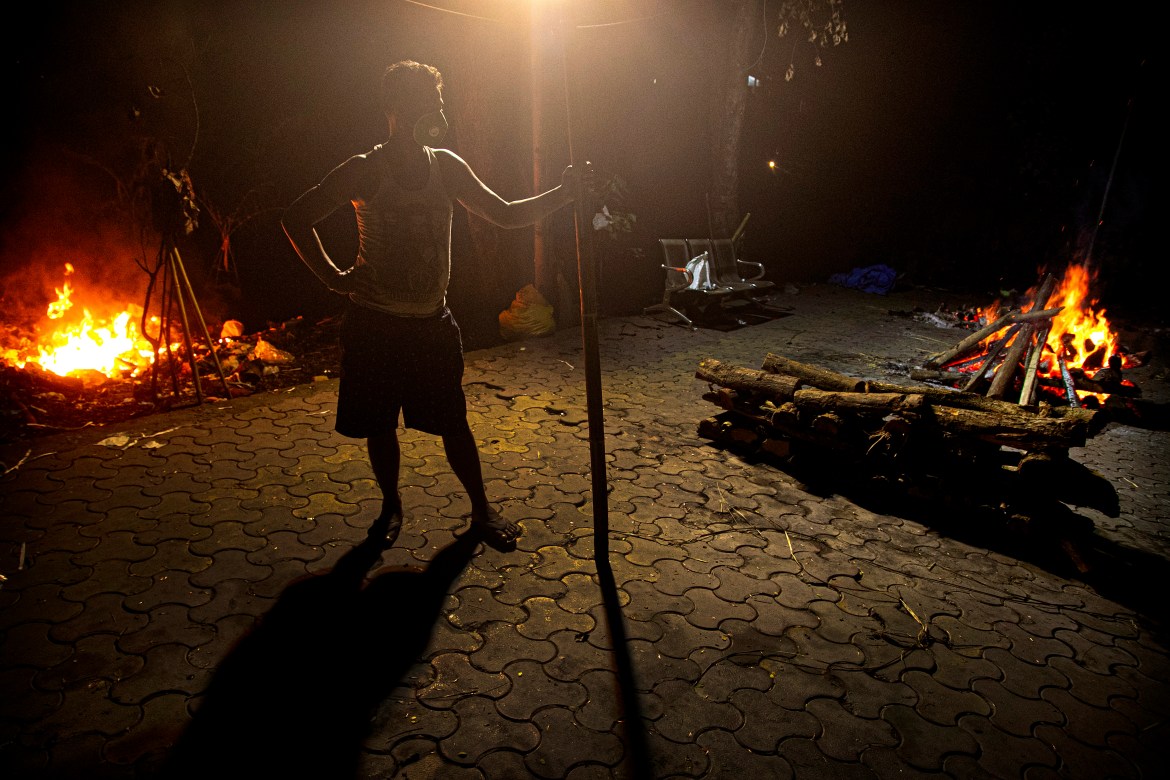
As of now, Sarkar works at a special cremations ground that local authorities have assigned just for the victims of the pandemic risking his life, with a mask on his face, prayers on his lips. Sarkar cremates the bodies brought in by the relatives in protective suites, performed hurriedly with minimal rituals as directed by the state guidelines.
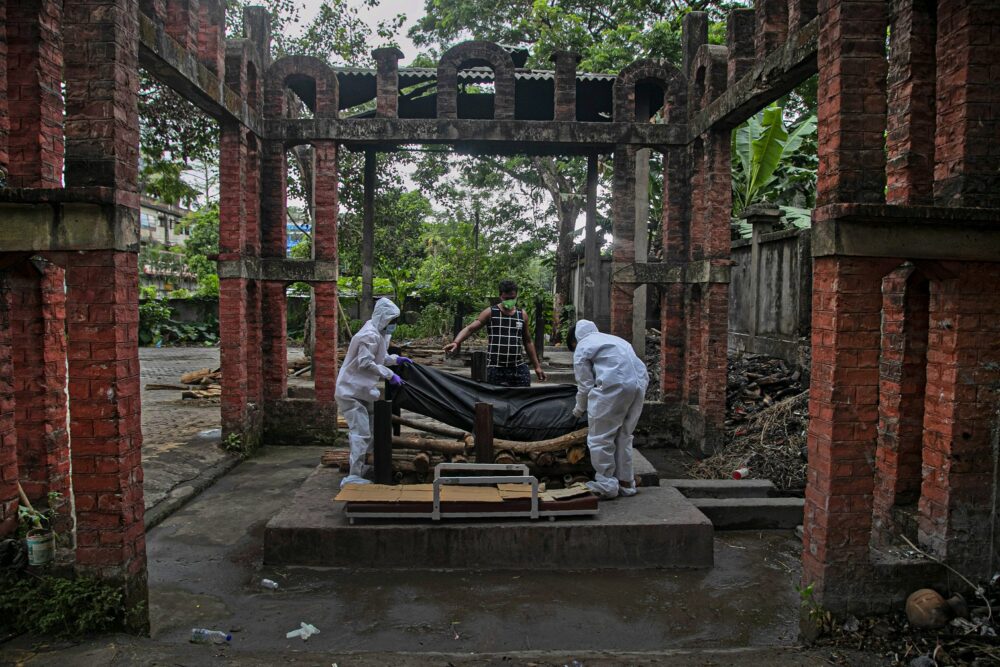
Sarkar’s landlord had asked him to move out, and thankfully he has been helped by a district official, as he arranged a hotel room for him.
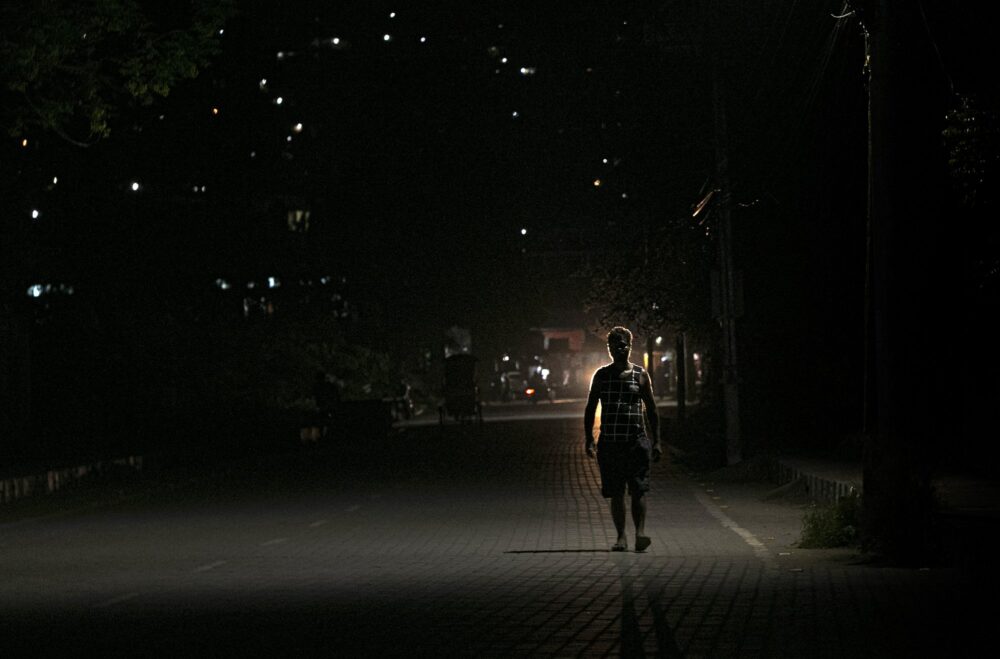
Despite all his essential services, Sarkar’s life continues to deteriorate.
Sarkar was not allowed in his village, after a month and a half, he slunk into his village in the middle of a rainy night, to meet his wife and three children. He was able to spend 15 minutes with them and leave some money.
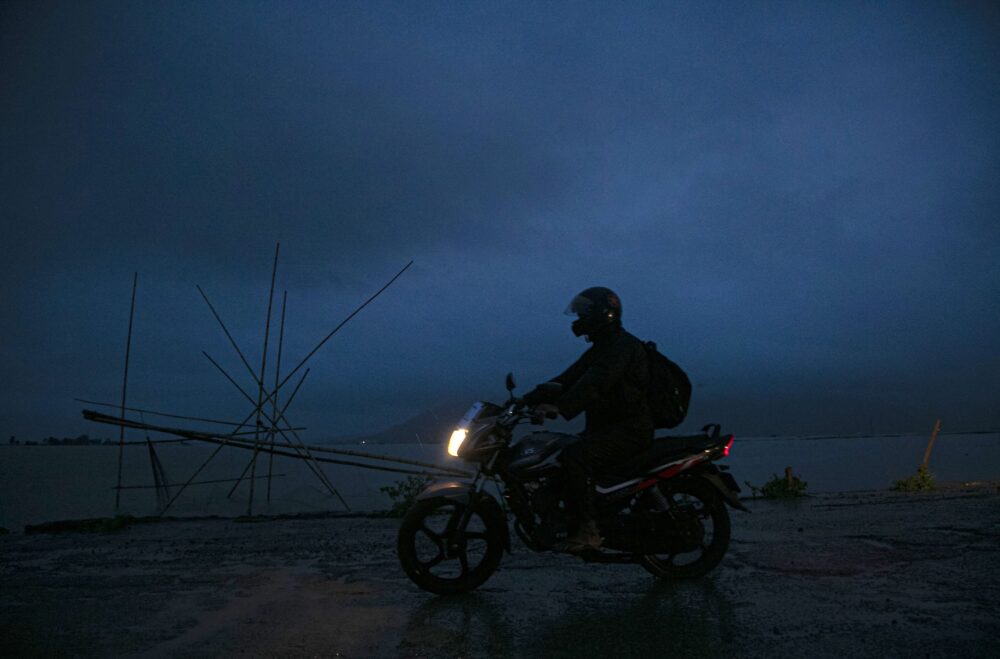
Sarkar exclaimed with sorrow, “I don’t want my sons to become cremators like me,” and added, “I want them to go to school and become good human beings and earn respect from the society, not like me who has to meet his family in the dark.”
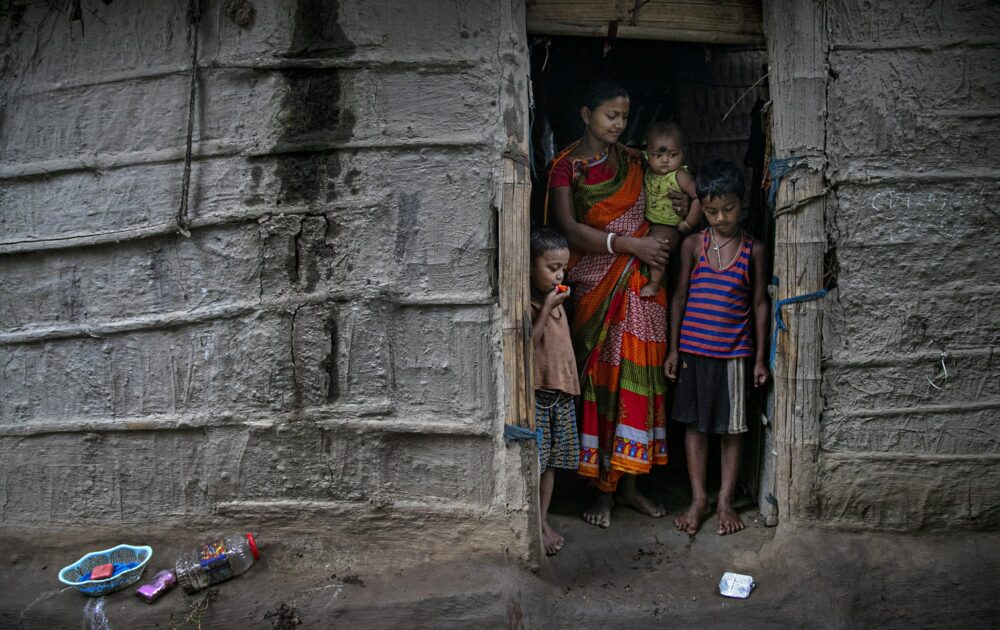
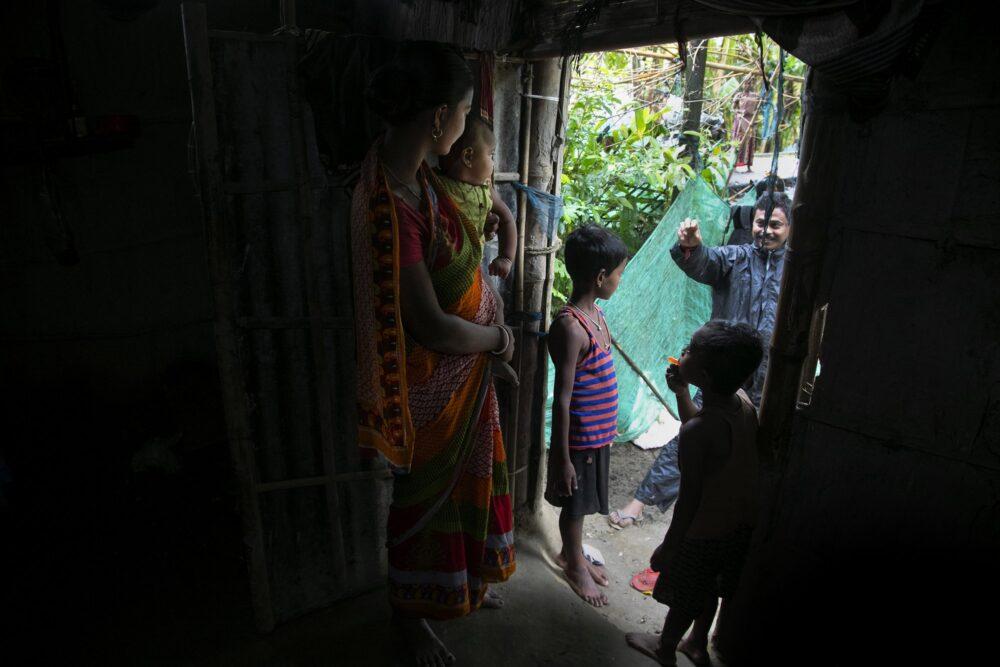
While returning, he stopped at a nearby temple, but he was soon told to leave even by the temple officials.
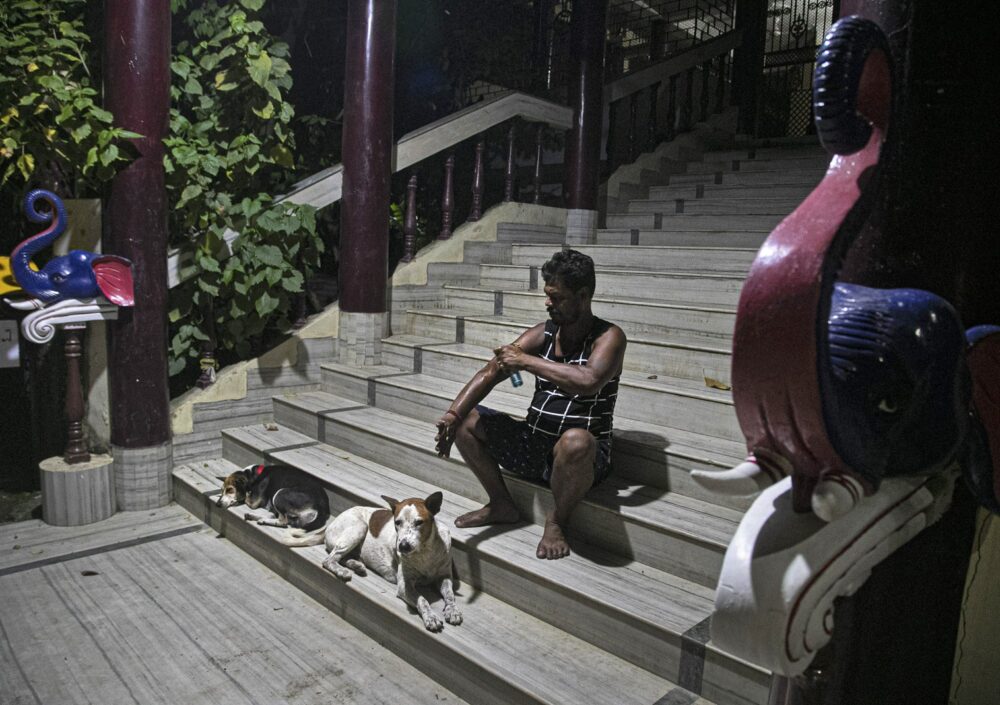
Despite the personal loss that includes the risk of infection, not able to meet his family and social nonacceptance. Sarkar says that he wants to continue to light the funeral pyres, for those who have lost their lives to the virus. He will honour them in the best possible way.
“I may die of COVID-19, but I don’t care,” he said. “I will do my work sincerely till the end “.
Irrespective of all humiliations that he has received, Sarkar devotes his life for such a cause, which needs to be acknowledged and honoured. Clearly, we are in need of more real-life heroes like Sarkar, who takes pride in doing a job which requires a lot of courage, which ordinary people can’t even think of.







